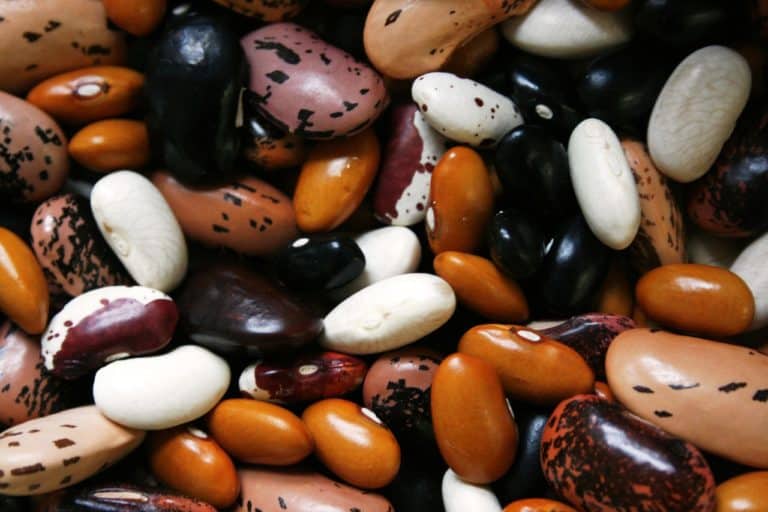You may be familiar with the idea that some men, when they develop the flu, tend to exaggerate or embellish upon their symptoms, perhaps in an attempt to garner sympathy and lots of extra attention. This tendency has also been referred to as man flu or “wimpy man” syndrome.
However, what if men actually do experience worse symptoms of respiratory viral illnesses, such as the flu and common cold, than women? After all, the symptoms of some medical conditions, such as a heart attack, differ between men and women. That is, men typically experience severe chest pain when having a heart attack while women are more likely to have shortness of breath or nausea. Lupus and depression are other examples of medical conditions in which men and women differ in how they present symptoms. Therefore, is it possible men are truly in more distress when they have a cold or the flu?
It turns out that a clinical assistant professor in family medicine at Health Sciences Centre, Memorial University of Newfoundland, set out to answer this question. More precisely, the question is, are men wimps or immunologically inferior? Here is an overview of what the researcher found when conducting a review of the available data.
- When it comes to the flu vaccination, women are more likely to experience both skin and systemic reactions to the injection, but also a better antibody response, than men. It is possible testosterone levels have a role in this phenomenon, as men who had the highest testosterone levels also showed a lower antibody response. Therefore, men appear to not respond as well to the flu vaccine, which could make them more likely to experience worse symptoms.
- Test tube studies that analyzed the impact of estradiol on nasal cells infected with flu from men and women found that overall, women showed a lessened immune response, which may lead to less severe flu symptoms. According to Kim Templeton, MD, a surgeon at the University of Kansas Hospital, estrogen slows the rate at which viruses multiply. Therefore, the flu virus may not spread as quickly in women because of their higher (than in men) estrogen levels.
- A survey published by a consumer magazine noted that men said it took three days for them to recover from flu-like conditions than women (1.5 days)
- Analysis of six years of data showed that men were hospitalized with the flu more often than women
- One study reported more deaths among men who had the flu than among women
When all of these data are considered, it is possible, but not certain, that there may be such a thing as man flu in which men suffer more severe symptoms. Do men who have the flu truly need their pillow fluffed more often and larger doses of sympathy? Perhaps more research will reveal the answers. For now, both sexes should do all they can to prevent the flu and its spread by washing their hands often, avoiding individuals who are ill, and following lifestyle habits that support the immune system such as nutritious diet, adequate sleep, managing stress, limiting alcohol, and not smoking.
References
Furman D et al. Systems analysis of sex differences reveals an immunosuppressive role for testosterone in the response to influenza vaccination. Proceedings of the National Academy of Sciences USA 2014 Jan 14; 111(2): 869-74
Sue K. The science behind “man flu.” British Medical Journal 2017; 359:j5560
Quandelacy TM et al. Age- and sex-related risk factors for influenza-associated mortality in the United States between 1997-2007. American Journal of Epidemiology 2014 Jan 15; 179(2): 156-67
Rushlow A. The man cold: why guys react differently to colds. WebMD







